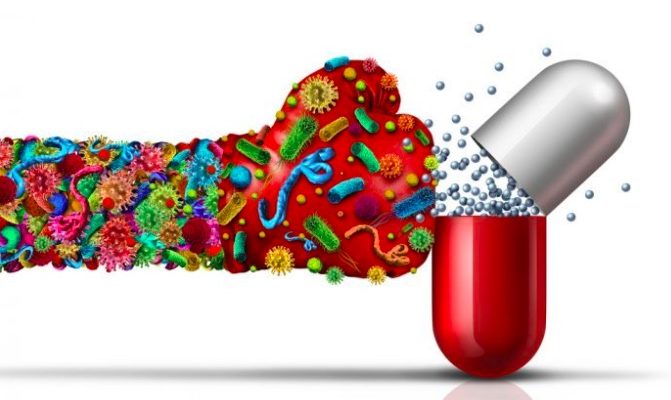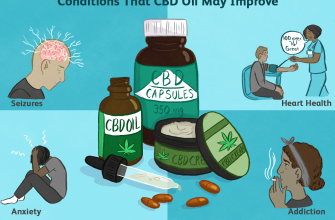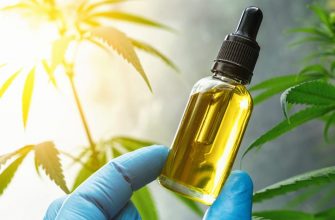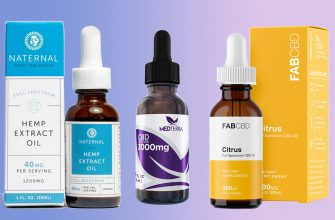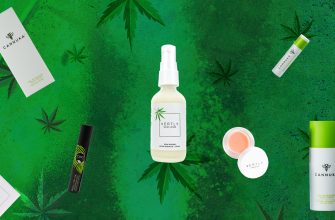We already know many of the benefits of CBD for which we love it so much, but thanks to research, we are learning more and more. Did you know that CBD is a great antibiotic? In this article, we’ll talk about just that.
The global antibiotic crisis is growing
The world is facing a health crisis as more and more bacterial species develop resistance to our antibiotics. The World Health Organization (WHO) has stated that antibiotic resistance is one of the biggest threats to global health, food security and development.
There is already a list of diseases that are getting worse and worse treated with antibiotics. This list includes tuberculosis, pneumonia, etc. This is the reason why medical researchers are looking for alternatives like CBD.
A recent study conducted at the University of Queensland found that CBD has strong antibacterial effects. After which, the researchers approved it as a “promising new antibiotic.”
CBD hemp oil crystalline – hemp seed oil, …
Price
Original price before discount€30.00
Price: €24.99
2186.63 ₽
854.91 ₴
CBD hemp oil crystalline - hemp seed oil, ...
Price
Original price before discount€42.90
Price: €26.99
2361.63 ₽
923.33 ₴
CBD oil crystalline - hemp seed oil enriched ...
Price
Original price before discount€72.90
Price: €44.99
3936.63 ₽
1539.11 ₴
CBD Effectively Kills Gram-Positive Bacteria
Scientists at the University of Queensland have tested CBD against a range of bacteria both in vitro and using live subjects; in this case mice with hip infection.
In general, pathogenic bacteria are of two types: Gram-positive and Gram-negative. The difference between them comes down to the structure of their cell walls. These structural differences mean that certain antibiotics will only work against one or the other type of bacteria, usually not both.
As a result of tests, CBD was effective against gram-positive bacteria, but not gram-negative ones. Really effective. Australian scientists have found that CBD works just as well as prescription antibiotics such as vancomycin and daptomycin. The cannabinoid even killed antibiotic-resistant bacteria such as MRSA. Researchers believe CBD may be less likely to cause resistance than pharmaceutical antibiotics.
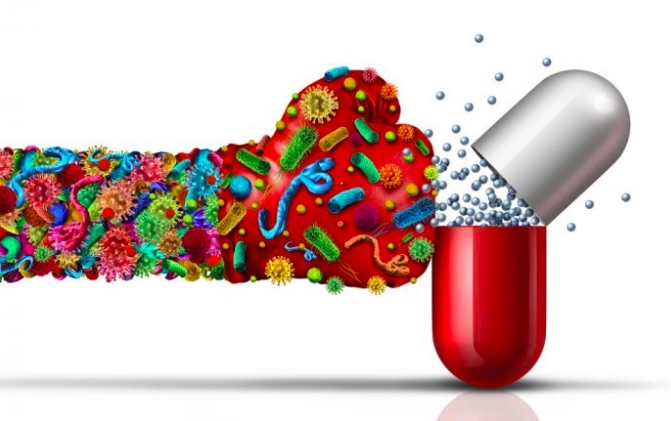
When to start using CBD as an antibiotic?
We do not recommend that you immediately stop using your prescribed antibiotics and replace them with CBD. Since the results are not yet statistically large and have not been peer-reviewed. But these steps are important because preliminary tests in the laboratory do not necessarily lead to clinical results in humans.
However, CBD has already been approved for other medical conditions and has an excellent safety record. This means that it would be easier to move into human clinical trials.
One of the dangers of antibiotic resistance is that pharmaceutical companies are sometimes hesitant to invest in new antibiotics. The process of identifying a new compound, finding out its performance and conducting the necessary studies is long and expensive. In general, the approval of a new drug can take more than ten years. However, repurposing existing approved drugs may be faster and cheaper.
What's next for CBD as an antibiotic?
Cannabis enthusiasts may wonder: why do we need pharmaceutical companies at all? People have been treating their own skin ailments with cannabis for years.
A standardized and licensed product is much more attractive to patients and parents because it eliminates dosage confusion. This is even better for physicians who are accustomed to working with rigorously tested drugs with specific prescription recommendations. There is no cannabis medicine yet. However, the promising effects of CBD as an antibiotic mean that researchers and pharmaceutical companies will be keen to continue research in Queensland.
Price
Original price before discount€69.90
Price: €39.90
3491.25 ₽
1364.98 ₴
Price
Original price before discount€38.90
Price: €24.90
2178.75 ₽
851.83 ₴
Price
Original price before discount€27.90
Price: €22.90
2003.75 ₽
783.41 ₴
Source: https://www.rxleaf.com/cbd-as-an-antibiotic-against-drug-resistant-bacteria/

